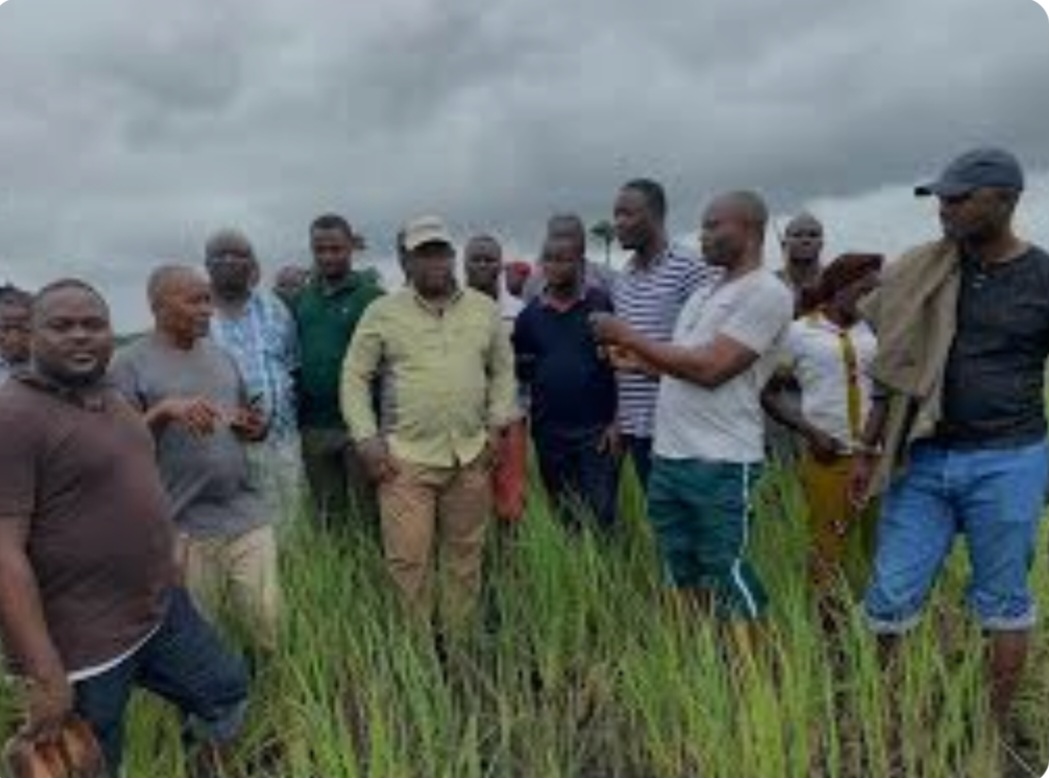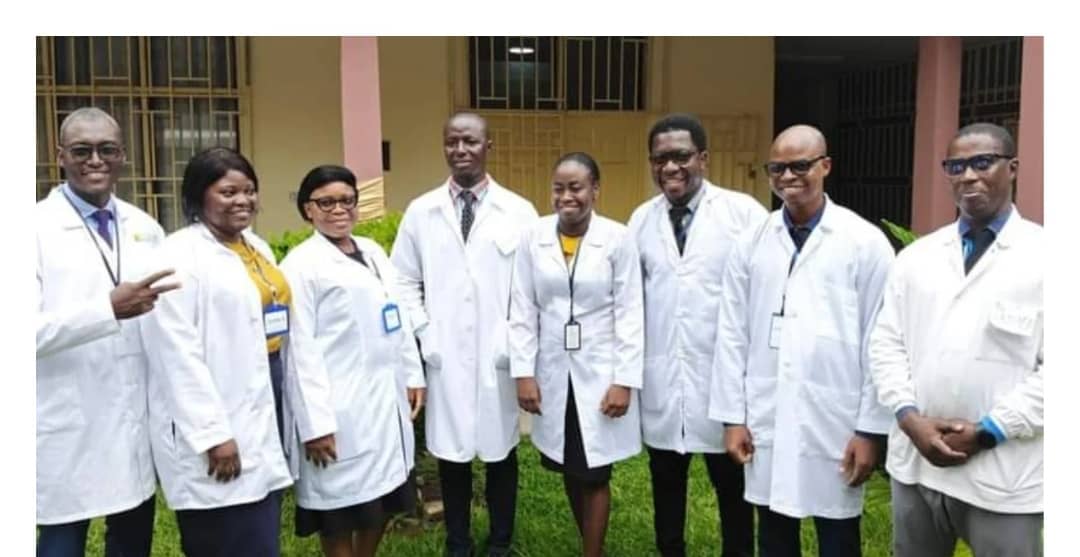By: Elizabeth A Kaine
President Julius Maada Bio’s keynote address at the OpenAg Symposium has sent a wave of optimism across the nation. The President’s emphasis on sustainable agriculture and food security has reignited hopes for a brighter future for Sierra Leone’s agricultural sector.
However, many are looking on with skepticism. We’ve heard promises before, but now we need to see action. Our farms need support, our communities need jobs, and our children need food security. The fact remains that we’ve been down this road before, and while the President’s words are encouraging, we need a clear roadmap for implementation.
Furthermore, the devastating impact of mining on our agricultural lands cannot be ignored. Many of our country’s fertile farming sites have been ravaged by mining activities, leaving behind toxic chemicals that render the land unusable for farming. This alarming reality demands urgent attention.
To address this issue, the government acknowledges the need to create new, mining-free farming areas. This can be achieved through establishing mining-free zones, implementing land rehabilitation programs, providing alternative livelihoods for miners, enforcing stricter regulations on mining operations, and investing in sustainable agriculture.
A comprehensive agricultural policy framework is also crucial. This framework should prioritize land tenure security, environmental conservation, crop and animal disease control, irrigation and water management, fertilizer and pesticide regulation, farmers’ support services, research and development, market regulation, and disaster risk management.
Effective implementation will require inter-ministerial collaboration, stakeholder engagement, capacity building, and monitoring frameworks. By establishing these measures, Sierra Leone can increase food security, improve livelihoods for farmers, foster economic growth and job creation, protect the environment and conserve natural resources, and enhance competitiveness in global markets.
To achieve the President’s vision, the government must now develop a comprehensive plan for implementing sustainable agricultural practices, allocate necessary resources to support farmers and agricultural infrastructure, foster partnerships with stakeholders to drive innovation and growth, establish mining-free zones for farming and ensure their protection, and implement measures to rehabilitate and restore damaged lands.
The stakes are high. If President Bio’s administration fails to deliver, the consequences will be dire. Lost opportunities for economic growth and food security, disappointed expectations among farmers, communities, and stakeholders, and continued reliance on imports and vulnerability to climate change are all potential consequences.
On the other hand, if the President’s vision becomes a reality, we can expect increased food security and improved nutrition, economic growth and job creation, and environmental protection and climate change mitigation.
The nation watches, waits, and hopes.






